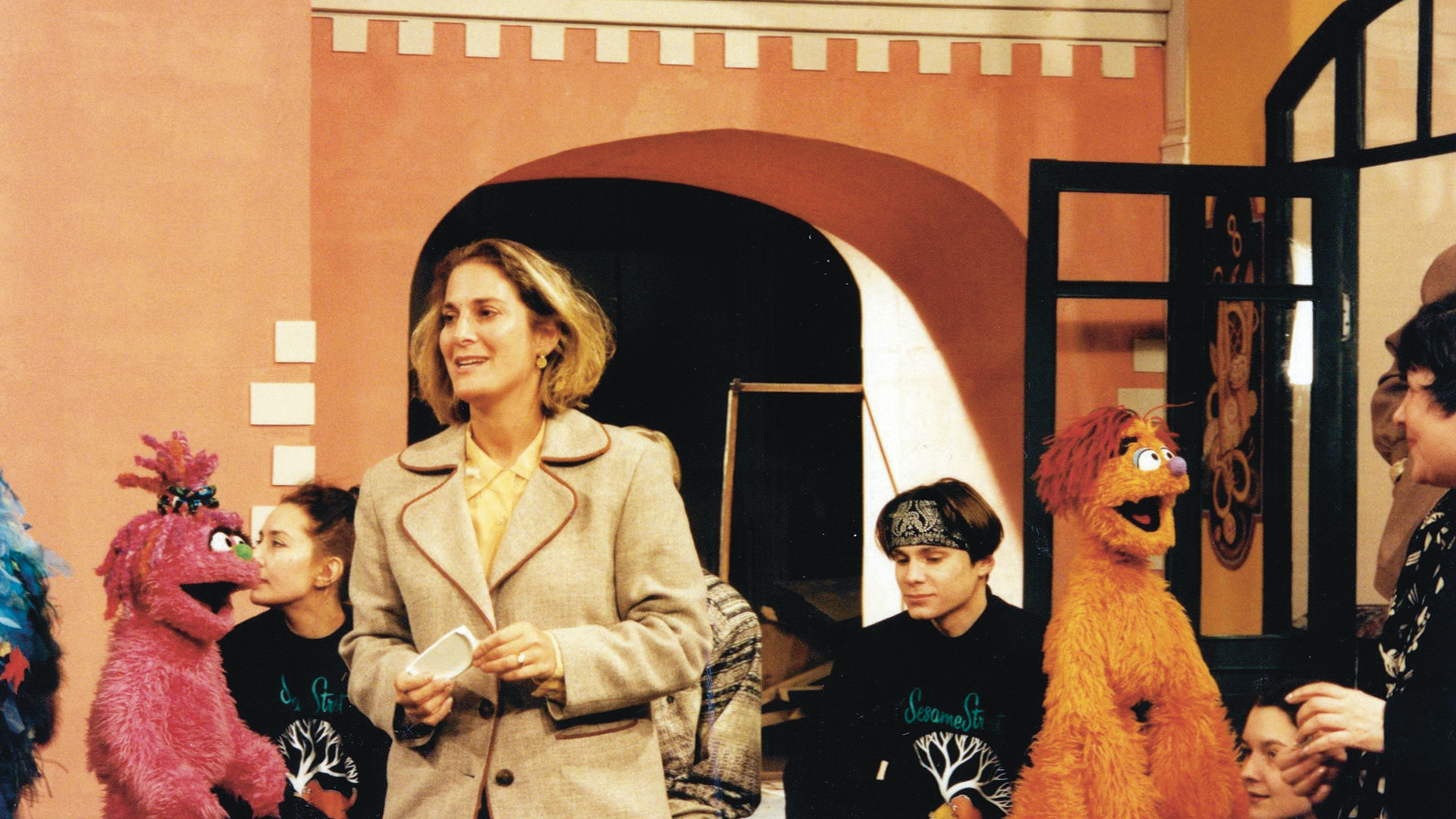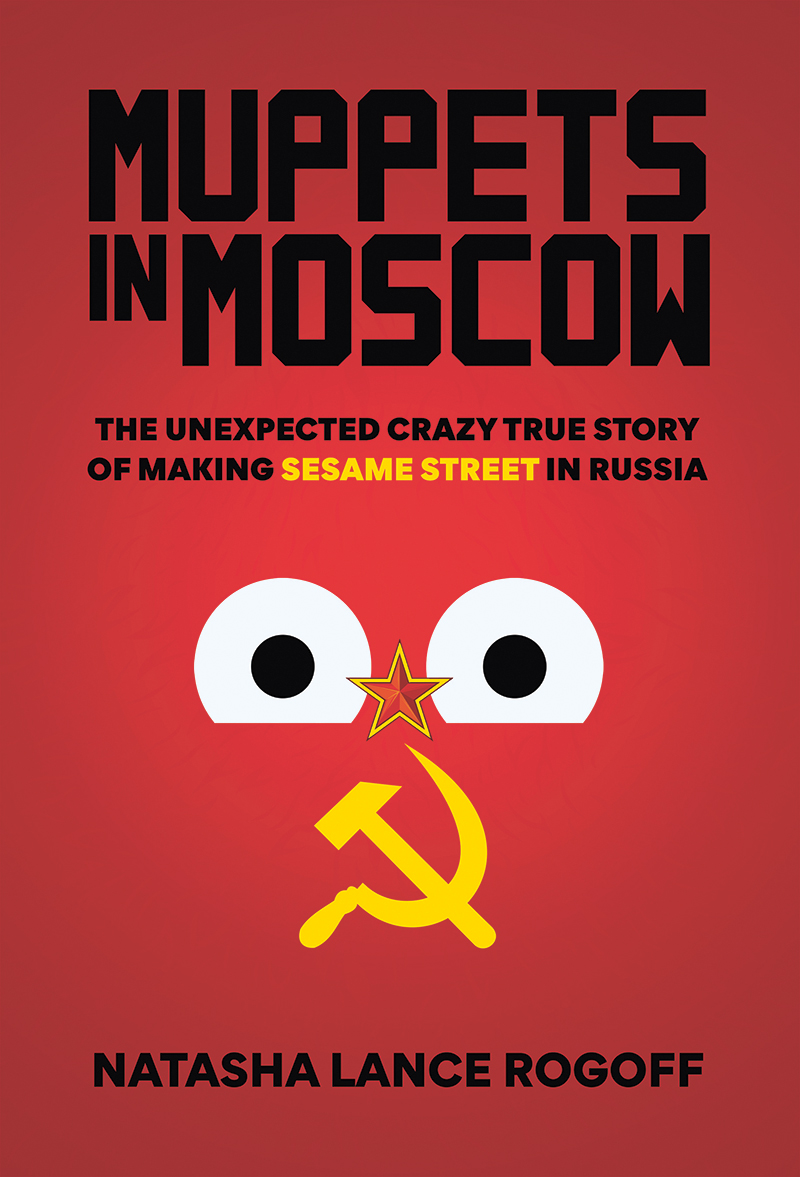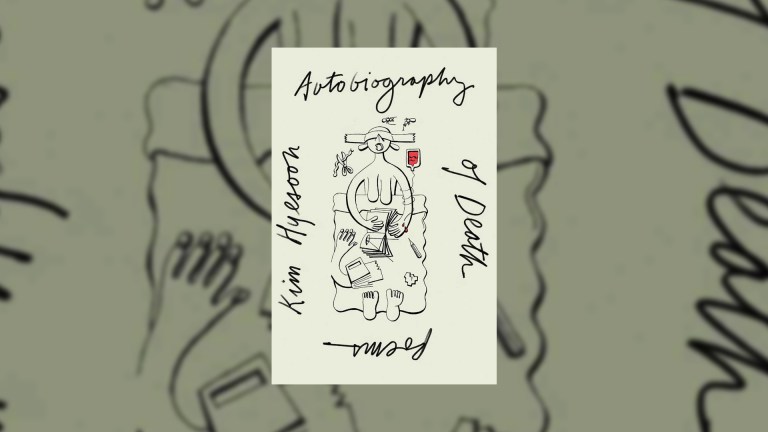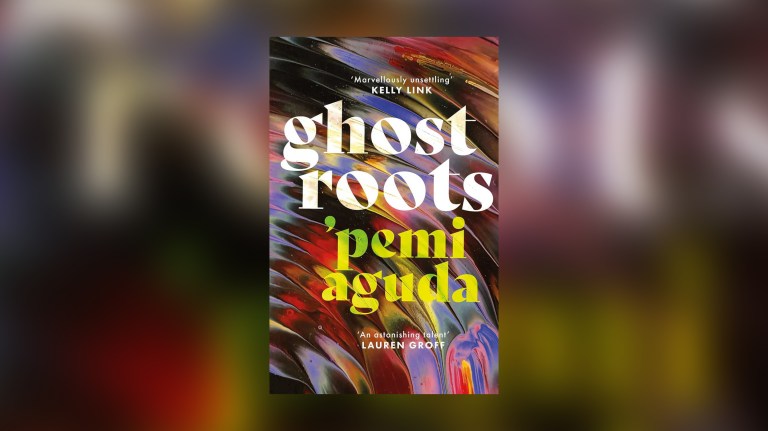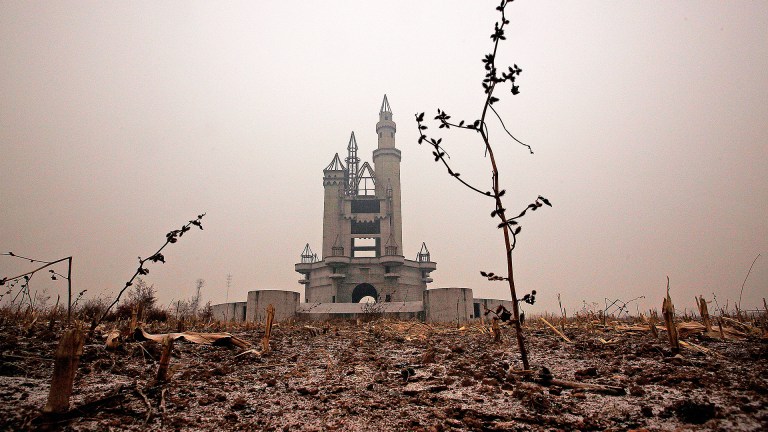In the early 1990s, following the historic collapse of the Soviet Union, American senators and executives from Sesame Workshop, the company that produces popular children’s television show Sesame Street,
envisioned the Muppets as ideal ambassadors to model idealistic values for the millions of children trying to adapt to life in post-communist Russia and across the former USSR.
The Big Bird executives tapped me to lead a team of hundreds of Moscow artists – writers, musicians, filmmakers, producers, set designers, puppeteers and media professionals – to create an original production of Ulitsa Sezam (Sesame Street in Russian). Choosing someone with my background for this job seemed odd. Although I had spent a decade producing news and documentaries in the former Soviet Union for NBC, CBS and PBS, and spoke Russian fluently, I had no experience producing children’s television, and even less with actual children.
Moreover, I quickly discovered that translating Sesame Street’s ebullient and idealistic outlook to Mother Russia was going to be not only incredibly difficult, but also dangerous. The atmosphere in post-communist Moscow felt carnivalesque, with everyone seeming to want something from this new Russia – money, sex, democracy, or the salvation of lost souls.
I was thrown into this surreal landscape of Moscow television where bombings, murders, and the takeover of our puppet production office at Russia’s TV station (where we all worked) became our reality. Two of our Russian broadcast partners – our close collaborators who had helped me navigate Moscow’s inscrutable television industry – were assassinated one after another, and our initial sponsor of the show, a Russian media mogul, was nearly burned to death in a car bombing. Each time, my team and I were devastated, but somehow picked up the pieces and soldiered on, determined to bring hope and change to Russia’s children.
But more was to come. One day Russian soldiers bearing AK-47s pushed into our production office and sealed our office shut for good – confiscating our show scripts, set drawings, and equipment – and even our adored life-size mascot. It was terrifying for my team, and for a while I thought it was game over. But I underestimated the will and determination of this group of 400 creatives from around the former Soviet Union – including Ukraine, Georgia, Armenia and Siberia – to persevere against the darkness they had lived with all their lives and give something better to their children.
The violence was not the only obstacle to our successfully completing the production. As told in the behind-the-scenes account in Muppets in Moscow, cultural clashes pitted Sesame Street’s progressive values against 400 years of Russian thought. Misunderstandings and disagreements touched nearly every aspect of the production, from the scriptwriting to the design of the new neighbourhood to the show’s educational content, and even to the design of the Muppets themselves! Initially, the Moscow creative team rejected the Muppets, insisting they had a revered puppet tradition dating back to the 16th century and they did not want American Muppets!
